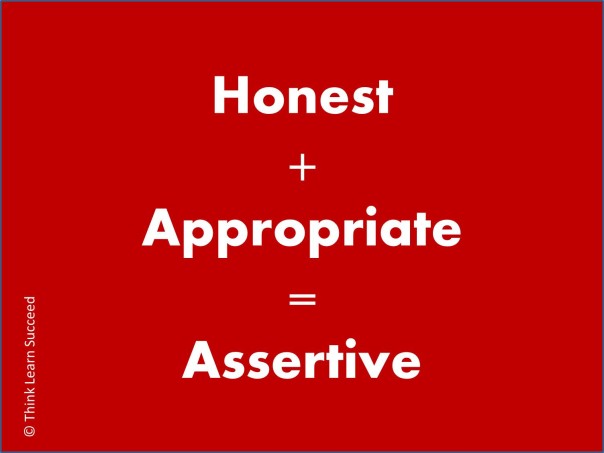Tears, shouting or rambling justifications for their behaviour. These are the top three defensive behaviours you’re likely to encounter when giving performance feedback to difficult people. No doubt you want to avoid triggering these behaviours. Perhaps you’re wondering how to give feedback successfully. One useful idea to keep in mind whenever you’re preparing to give feedback is that ‘flameproof’ language keeps your message neutral. Flameproof language is objective and factual – and, therefore, unlikely to inflame the situation when you’re giving feedback to potentially difficult people. Here are some tips on how to make your language non-inflammatory, no matter what type of performance or behavioural issue you need to address.

Avoid trigger words
The words you choose when giving feedback matter. Language not only communicates ideas, it triggers feelings. Some words and phrases are a lot more emotionally charged than others. They trigger negative reactions when you use them in feedback situations. So it helps to avoid using these words when giving feedback to potentially difficult people. For example, it is wise to avoid using any of the following words and phrases when delivering feedback.
- Unprofessional
- Bad attitude
- Late
- Mistake
- You have to/must/should
- You can’t/shouldn’t/mustn’t
- Always
- Never
Instead of using these words, you need to keep your message factual and neutral.
Describe, don’t judge
To make performance feedback useful, focus on describing two things. Start with a factual description of what you see or hear happening now (present state). Then describe what you’d like to see or hear in future (desired state). For example, imagine you’re a team leader giving feedback to a staff member who was rude to a customer. You could say ‘When you were speaking to that customer, I heard your voice speeding up and getting louder. That seemed to inflame the situation. In future, it would be useful to keep your voice at a normal pace and in to speak in a calm tone.’
To keep your feedback descriptive, start with one of the following phrases:
- I noticed
- I saw
- I heard
- When I heard you say…I felt…
Be honest and appropriate
An honest feedback message is one in which you tell the truth. But you need to be careful about how deliver that message. For example, honest messages which are abrupt can come across as aggressive. This is why it’s important to combine honesty with appropriateness when you give feedback. An appropriate message is respectful of others’ boundaries. It is neutral and non-judgemental. For example:
Aggressive message Appropriate message You’re always pushing your own point of view You have spoken over me three times now You’ve got a bad attitude to customers I noticed your voice was very loud when you spoke to that last customer You have no respect for anyone else You have arrived late for your shift on the service desk every day this week. That leaves your colleagues waiting to be relieved.
This article was syndicated from Business 2 Community: Need To Give Feedback To A Difficult Person? Here’s How
More Business & Finance articles from Business 2 Community:





